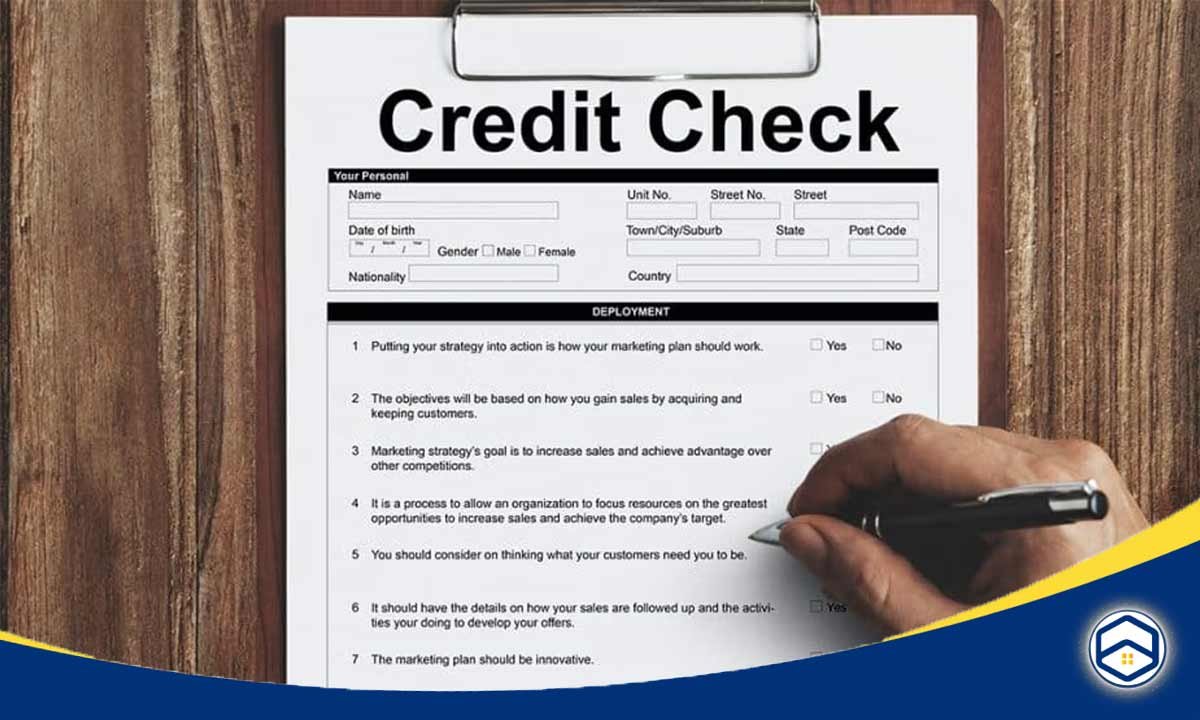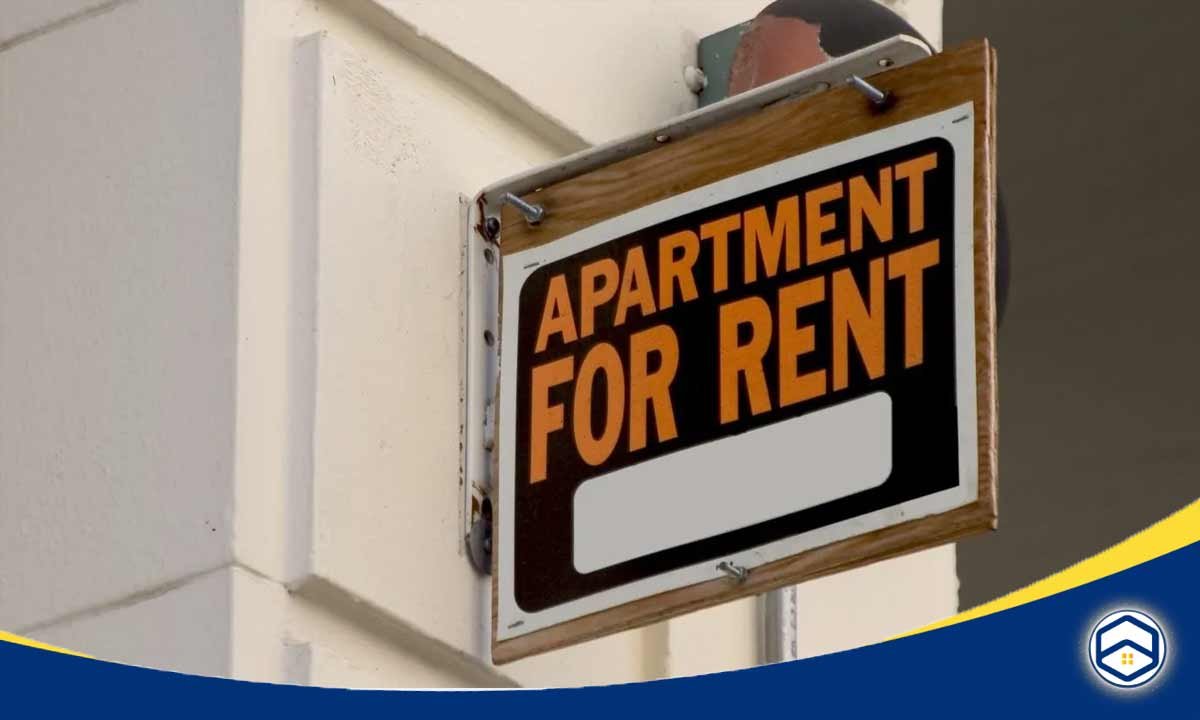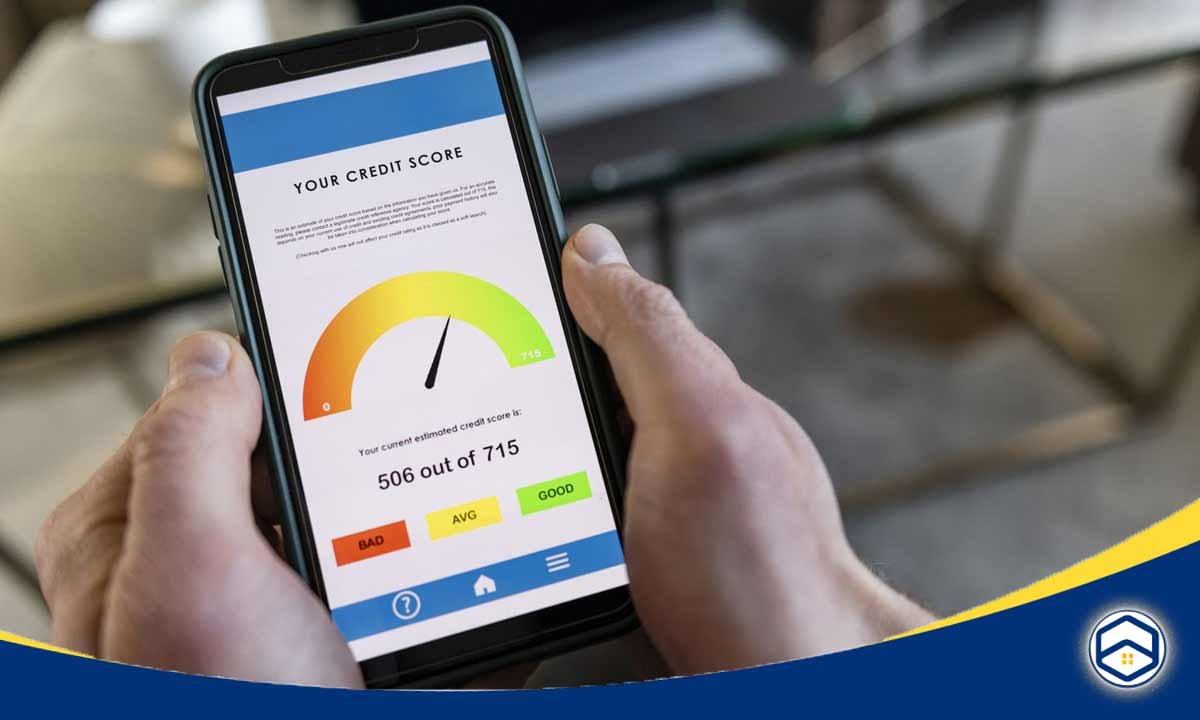Understanding Conroe credit check requirements, Texas, is essential whether you’re renting a home, applying for a loan, or seeking employment. Credit checks play a crucial role in determining your financial reliability and eligibility for various services. This article provides an in-depth look at Conroe’s credit check expectations, how they affect your applications, and tips for improving your credit score.
What is a Credit Check?
A credit check is a process where lenders, landlords, and even employers review your credit history to evaluate your financial stability. Your credit score—a three-digit number derived from your credit history—plays a pivotal role in this assessment. A credit check typically reveals:
- Your payment history (how timely you’ve paid your bills).
- Your credit utilization (how much of your available credit you’re using).
- Your debt load (total amount of outstanding debt).
- Your length of credit history (how long you’ve been managing credit).
Conroe credit check requirements are common when applying for things like apartments, mortgages, and even some jobs. Knowing the local requirements can make a big difference in ensuring a smooth application process.

Why Are Conroe Credit Check Requirements Necessary?
Conroe credit check requirements are essential for several reasons. They help landlords, lenders, and employers assess risk and determine whether you will likely fulfill your financial obligations.
1. Renting a Home or Apartment
In Conroe, many landlords require a credit check to ensure that prospective tenants can manage rental payments responsibly. This is especially true for high-demand rental properties. Landlords typically look for a credit score that demonstrates reliability, which may range from 600 to 700, depending on the property and the terms of the lease.
2. Applying for Loans
Whether you’re looking to purchase a home, car, or take out a personal loan, Conroe lenders will often require a credit check. For mortgages, credit score requirements can vary depending on the type of loan you’re applying for (FHA vs. conventional). Typically, FHA loans require a minimum credit score of 500, while conventional loans may expect a score of at least 620.
3. Employment Purposes
Certain employers in Conroe may perform Conroe credit check requirements as part of their hiring process, especially for roles in finance, management, or those involving significant financial responsibility. Employers often use this information to gauge trustworthiness, ensuring candidates are financially responsible.
Credit Score Requirements in Conroe
Understanding the credit score ranges that are typically required for renting or applying for loans in Conroe is crucial. Here’s a general guideline:
1. Renting an Apartment
Most landlords in Conroe look for a credit score of at least 600 to 650 for rental applications. However, if your score is lower, you may still qualify with other factors, such as a higher income or a larger deposit. Some landlords may accept no credit or bad credit if you provide a co-signer or offer proof of consistent payments for utilities or rent in the past.

2. Applying for a Mortgage Loan
For FHA loans, the minimum credit score is 500 (with a larger down payment). However, conventional loans may require a credit score of 620 or higher. If your score is below this threshold, you might face higher interest rates or need a co-signer.
3. Employment Credit Checks
For employment, there are no specific national standards, but certain industries or roles in Conroe may require a credit score above 650 to reflect financial responsibility. It’s essential to check the specific employer’s policies.
How do Conroe Credit Check Requirements Impact Your Applications?
A credit check can have a significant impact on your application outcome, whether you’re applying for a loan, renting, or seeking employment.
- High Credit Score (700+): Generally leads to more favorable outcomes, such as better loan terms, rental approval, and possibly higher-paying job opportunities.
- Fair Credit Score (650-700): You may still qualify for most loans or rentals but could face higher interest rates or stricter terms.
- Low Credit Score (Below 650): This could result in rejection or denied applications. You might be required to secure a co-signer or pay higher deposits or fees.
How to Improve Your Credit for Conroe Applications?
A higher credit score improves your chances of approval and helps you secure better terms, such as lower interest rates and fewer restrictions. Here are actionable steps to help boost your credit score before submitting your application:
1. Pay Off Debt
Reducing your outstanding debt is one of the most effective ways to improve your credit score. Credit bureaus calculate your score based on factors such as your debt-to-income ratio (DTI) and the credit utilization ratio. A high level of debt can harm both of these ratios, negatively impacting your credit score.
- Start by paying off high-interest debt first, such as credit card balances.
- Consider consolidating your debt if possible.
- Paying down existing loans and credit cards will help lower your credit utilization rate, which is a key factor in improving your score. A lower credit utilization ratio (ideally under 30%) signals to lenders that you are financially responsible.
2. Reduce Credit Utilization
Credit utilization is a critical factor in your credit score calculation. It is recommended that you use less than 30% of your total available credit. High credit utilization (using a large portion of your available credit) signals to creditors that you may be overextended financially.
- Pay down your credit card balances.
- Request a credit limit increase from your credit card provider, which can help lower your credit utilization ratio and improve your credit score over time.

3. Make Timely Payments
Making timely payments on bills is one of the easiest ways to improve your credit score. Late payments on loans, credit cards, or other accounts can stay on your credit report for up to seven years, which can severely damage your score.
- Consider setting up automatic payments or reminders to ensure that you never miss a due date.
- Paying off your balance in full each month (especially for credit cards) will show that you are financially responsible.
- Payment history accounts for a significant portion of your credit score, so consistently paying bills on time can help raise your score.
4. Check Your Credit Report for Errors
Regularly checking your credit report can help you identify potential errors that might be lowering your score. Sometimes, discrepancies or mistakes in your credit report—such as outdated information or incorrect account details—can negatively affect your credit score. You are entitled to a free credit report once a year from each of the major credit bureaus: Equifax, Experian, and TransUnion.
- If you notice any errors, file a dispute with the credit bureau, providing supporting evidence of the mistake.
- Correcting these errors can improve your credit score. Additionally, if you’ve paid off a debt that’s been reported as outstanding, ensure that this update is reflected on your credit report.
5. Build Your Credit History
If you have a short or nonexistent credit history, consider taking steps to establish or build it. One way to do this is by applying for a secured credit card, which requires a deposit as collateral but can help you build positive credit history. Another option is to become an authorized user on a family member’s or friend’s credit card account. This allows you to benefit from their good credit behavior without needing to open an account in your name.
- Building a strong credit history takes time, so the sooner you start, the better your credit score will be when you need it for Conroe applications.
6. Diversify Your Credit Mix
Lenders like to see that you can manage different types of credit responsibly. A mix of revolving credit (credit cards) and installment credit (loans) on your credit report can be beneficial. Having multiple types of credit accounts, such as student loans, mortgages, or auto loans, can show that you’re capable of handling various types of debt.
- However, don’t open unnecessary accounts just to improve your credit mix. Each application for credit leads to a hard inquiry, which can temporarily lower your credit score.
- Be strategic and only open credit accounts that you need and can manage responsibly.
Legal and Ethical Considerations in Conroe
It’s important to be aware of your rights during a credit check. In Conroe, as in other parts of the United States, the Fair Credit Reporting Act (FCRA) protects consumers by ensuring that credit reports are accurate and used appropriately.

Your Rights Under FCRA:
- You must give consent before a credit check is done for rental, employment, or loan purposes.
- If you’re denied based on a credit check, you are entitled to a free copy of your credit report to understand why.
- You can dispute any inaccurate information that might harm your credit score.
Related post: Conroe Background Checks Explained: A Step-by-Step Guide
Conclusion
Understanding the Conroe credit check requirements. is crucial for anyone looking to rent, buy, or work in the area. By familiarizing yourself with the expectations and requirements, you can better prepare for your applications and increase your chances of success. Always monitor your credit score, make improvements where necessary, and explore alternative options if needed. With the right approach, you can navigate Conroe credit check requirements with ease and confidence.










